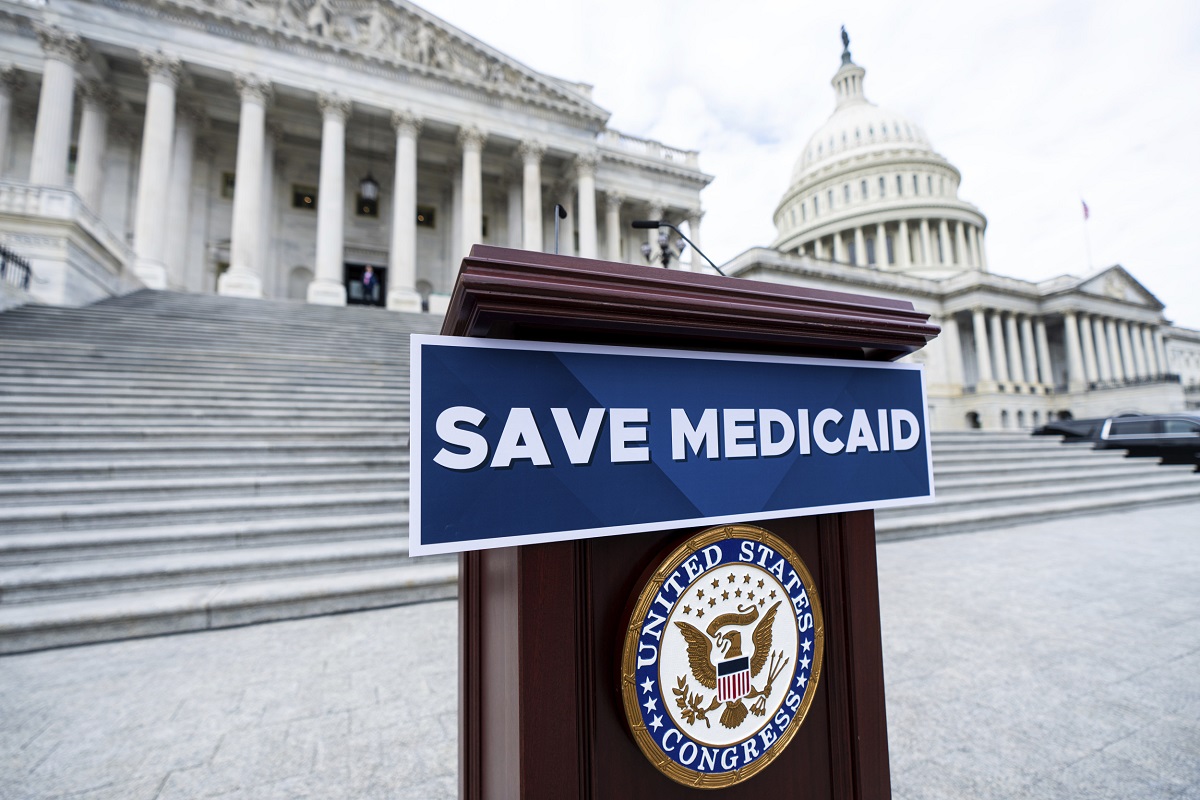CBO: 10 Million More Americans to Lose Health Coverage Over the Next Decade Under Trump’s Tax and Spending Law
Congressional Budget Office projects significant uninsured increase, Medicaid restrictions, and income shifts favoring wealthier households.

The Congressional Budget Office (CBO) has estimated that an additional 10 million Americans will be without health insurance over the next decade due to changes in the tax and spending law signed by President Donald Trump.
This nonpartisan CBO analysis comes after the legislation became law in July, updating a previous forecast that nearly 11 million Americans would lose insurance under earlier versions of the bill.
The Tax and Spending Reduction Act passed solely with Republican votes, with Democrats denouncing it as a giveaway to the wealthy at the expense of lower-income Americans, according to Reuters.

To fund the extension of tax cuts enacted during Trump’s first term, along with some new temporary tax cuts and other spending measures, the law imposes certain restrictions and requirements for accessing the Medicaid program for low-income individuals.
The CBO also projected that income for the poorest Americans would decline by $1,200 annually due to the tax changes and benefits outlined in the law. In contrast, middle-income households would see gains of $800 to $1,200, while the wealthiest Americans would benefit by more than $13,000.
The changes in resources will not be evenly distributed among households. The agency estimates that resources will generally decline for families at the bottom of the income scale, while they will rise for households in the middle and upper tiers, according to the report.



